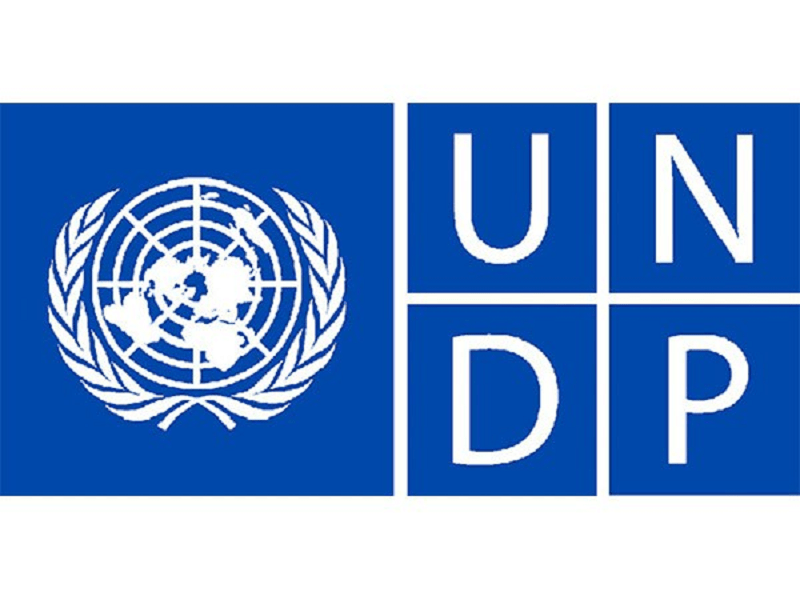Latest iteration of the annual Arab Human Development Report 2022 launched by the United Nations Development Program (UNDP) highlights some of the vulnerabilities that Kuwait faces with regard to human development in the post-COVID-19 era. The report published at the end of June this year notes that the biggest human development challenges confronting Kuwait are the ones related to food security and a falling per capita GDP.
With nearly 98 percent of the country’s grain needs being met by imports, Kuwait remains highly vulnerable to any disruptions in the grain supply chain. The ongoing violence between Russia and Ukraine, both of whom are major grain exporters, have placed countries such as Kuwait that depended on grain imports from this region in an especially vulnerable situation.
The UNDP report, produced by the organization’s Regional Bureau for Arab States (RBAS), and titled, ‘Expanding Opportunities for an Inclusive and Resilient Recovery in the Post-Covid Era’, points out that Kuwait is also saddled by a 10 percent decline in per capita GDP that reflects on the standard of living in the country. Kuwait’s GDP per capita remains among the lowest among Gulf Cooperation Council (GCC) states at around US$51,000. Additionally, despite the human development index of Kuwait being relatively high it remained at the bottom of the list among GCC states.
However, Kuwait fared well with regard to trust in government in the 2018-2019 period with 47 percent of people trusting the government, which was the third highest in the Arab world. The country also ranked first in the GCC and sixth in the Arab world in the Governance Index, which measures rule of law, ease of seeking justice, accountability and effectiveness of institutions, and participation. But Kuwait came seventh in the Arab world and fifth among the six-nation GCC bloc in the Corruption Perception Index.
The report also showed that the response of Arab governments to the pandemic varied greatly, with the GCC states spending nearly $70 billion in mitigating, containing and curbing the pandemic, while the remaining Arab states together could spend only $25 billion on these efforts. The disparity in spending on pandemic responsiveness reveals the difference between the wealthier states and others in the Arab grouping in terms of available resources.

